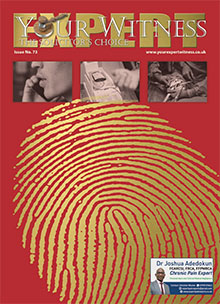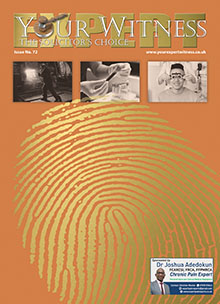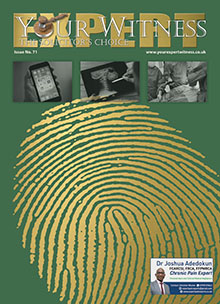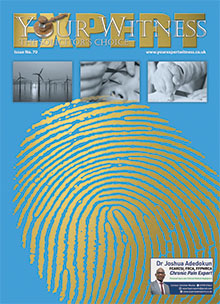DNA RESULTS are not always of a quality to enable a straightforward match comparison to be made.
Bericon has recently had considerable success in getting DNA evidence – where it is low-level or where mixtures and a statistical interpretation cannot be given – ruled inadmissible: R v Martin Clark and R v Raymond Severn at Luton Crown Court. In this case, after a voir dire, Judge Foster decided to exclude the DNA evidence as it was not possible to give any indication of its strength and he would not know how to sum up the evidence for the jury.
Likewise, in R v Marcus Bailey at Birmingham, Judge Wyn Williams felt that any slight evidential value to be obtained from the evidence was far outweighed by the possible probative value of the jury laying far more weight against it than was warranted. He could envisage circumstances where one might be able to present such evidence but he did not allow it in that case.
Even where a full DNA profile from a single source is obtained, that is not always sufficient evidence to secure a conviction, particularly for DNA database match cases where CPS charging guidelines state that there should be other corroborative evidence to support a conviction.
There have been many cases where the CPS offered no case to answer after they had seen a Bericon report.



 “Speculate before you accumulate. I am a long term regular writer and advertiser in 'Your Expert Witness - the Solicitor’s Choice'. This investment pays me substantive dividends; I get more Expert Witness work with every issue. Not only solicitors and barristers but also judges seem to read it. It is a win-win situation. Success breeds success; I must continue to write and advertise.”
“Speculate before you accumulate. I am a long term regular writer and advertiser in 'Your Expert Witness - the Solicitor’s Choice'. This investment pays me substantive dividends; I get more Expert Witness work with every issue. Not only solicitors and barristers but also judges seem to read it. It is a win-win situation. Success breeds success; I must continue to write and advertise.”
























































































































